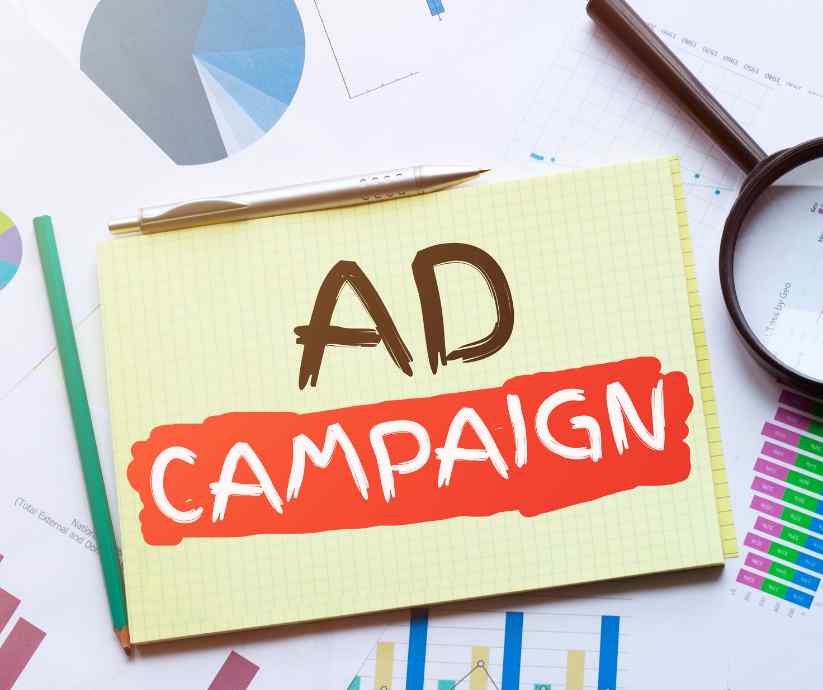In recent years, society has made significant strides in acknowledging the importance of mental health. With the rise in mental health issues, there has been a growing need for awareness campaigns to educate and destigmatize mental health challenges. Google Ads, a prominent online advertising platform, has emerged as a powerful tool in spreading mental health awareness. This article explores the impact of Google Ads in promoting mental health campaigns, highlighting its unique features and potential for reaching a wider audience.
Digital Platforms: A Transformative Landscape
The digital era has revolutionized the way we communicate, engage, and seek information. Online platforms, especially social media and search engines, have become instrumental in shaping public opinion and spreading information. Google Ads, as part of the world’s most popular search engine, possesses immense potential to deliver targeted mental health messages to a vast and diverse audience.
Customizable Targeting and Reach
One of the significant advantages of Google Ads is its ability to target specific demographics. Mental health awareness campaigns can define their intended audience by factors such as age, gender, location, interests, and search history. This level of customization ensures that the messages reach the people who need them the most, making the campaigns highly effective.
For instance, a campaign designed to raise awareness about teen mental health can be directed towards teenagers and their parents, ensuring that the right information is delivered to those who may be experiencing or witnessing mental health challenges in their adolescent years.

Ad Extensions for Additional Support
Google Ads provides various ad extensions that can enhance mental health campaigns. For example, the “Call Extensions” feature allows users to contact helplines or support services directly from the ad, providing immediate assistance to those in distress. Moreover, “Sitelink Extensions” can lead users to specific pages on the campaign’s website, offering in-depth information about available resources, symptoms, or coping strategies.
Utilizing Keywords to Foster Awareness
Keywords play a crucial role in Google Ads, determining when and where an ad appears. By carefully selecting relevant mental health keywords, awareness campaigns can be strategically placed in front of individuals actively seeking information or support for mental health issues.
For instance, using keywords like “anxiety support,” “depression helpline,” or “mental health resources” ensures that the ad is displayed to those specifically looking for mental health assistance, reaching them at the moment of their need.

Measuring Impact with Analytics
To gauge the success of mental health awareness campaigns, it is essential to measure their impact accurately. Google Ads offers comprehensive analytics that provide valuable insights into campaign performance. From click-through rates to conversion tracking, these metrics allow campaign managers to evaluate the campaign’s effectiveness and identify areas for improvement.
Analytics can reveal which keywords are generating the most engagement, which demographics are responding positively to the campaign, and the geographical locations where the campaign is most impactful. Armed with this data, campaign organizers can refine their strategies and allocate resources more effectively.
Combating Stigma through Video Ads
Video advertising has emerged as a powerful tool for storytelling and evoking emotions. Mental health awareness campaigns can leverage this format to create impactful narratives that challenge stigmas and misconceptions surrounding mental health.
By combining compelling visuals with authentic testimonials or expert advice, video ads can foster empathy and understanding among viewers. Google’s TrueView ad format ensures that advertisers only pay for views from users who have actively chosen to watch the ad, making it an efficient and cost-effective way to engage potential supporters.

Integrating with Mental Health Organizations
Collaboration with established mental health organizations can amplify the impact of Google Ads campaigns. Mental health nonprofits and charities can benefit from Google’s “Google Ad Grants” program, which offers free advertising credit to eligible organizations. Through this program, mental health awareness campaigns can achieve broader reach and greater visibility, even with limited budgets.
Mental health awareness campaigns on Google Ads have the potential to be a driving force in destigmatizing mental health issues and promoting a culture of empathy and support. The platform’s customizable targeting, ad extensions, keyword utilization, analytics, and video ads all contribute to creating engaging and impactful campaigns.

As society continues to evolve, the power of technology and digital platforms in shaping narratives and public opinion will only grow. By harnessing the full potential of Google Ads and collaborating with mental health organizations, we can foster a more inclusive and supportive environment for those struggling with mental health challenges. Together, let us build a future where mental health is understood, acknowledged, and treated with the empathy it truly deserves.

